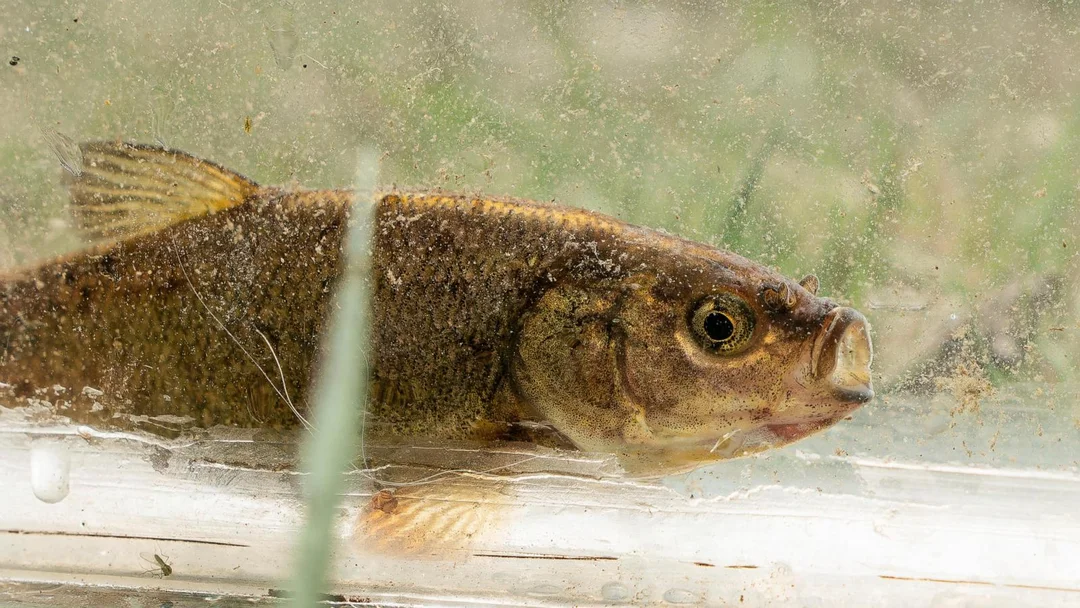
Rare Olive-Colored Fish in Nevada Nears a Key Step Toward Endangered Species Listing
In a significant move for conservation, U.S. wildlife officials have proposed extending federal protections to a rare fish species, the Fish Lake Valley tui chub, which is reportedly “barely clinging to existence” amid severe drought conditions and rapid groundwater depletion in Nevada. This decision highlights the urgent need for protective measures in a time when ecological degradation poses profound challenges to native wildlife.
The U.S. Fish and Wildlife Service's intention to list the tui chub as endangered is set to be published in the Federal Register, commencing a 60-day public comment period. This proposal marks a pivotal moment as it is the Trump administration's first consideration of an endangered species listing during its second term, following a dramatic decline in such listings in the administration's previous term.
The Center for Biological Diversity, an advocacy organization that has been pressing for this action, secured a vital legal settlement in 2023, compelling the government to make a decision on the tui chub's status. As Patrick Donnelly, statewide director for the center, pointed out, “Nevada can’t afford to lose any more of its native fish species.” In light of the extinction of species like the Ash Meadows killifish and Raycraft Ranch springfish, the potential loss of the tui chub poses a troubling precedent.
Found in a solitary spring system, the Fish Lake Valley tui chub has lost its former habitats to groundwater pumping, predominantly for alfalfa agriculture. Additionally, looming threats such as lithium mining and geothermal projects further exacerbate the precarious situation of the remaining population. Despite its diminutive size of under five inches, the tui chub serves as a critical ecological indicator. As Donnelly eloquently stated, “If the water level keeps going down and the Fish Lake Valley tui chub goes extinct, that whole ecosystem is going to crash.” This fish is a linchpin for the health of its habitat, which supports diverse wildlife, including pronghorn antelope and bighorn sheep.
However, the proposed listing comes at a time when the Trump administration is also seeking to weaken habitat protections under the Endangered Species Act. Environmentalists fear that redefining “harm” to exclude habitat modification could lead to widespread ecological devastation, as logging, mining, and development continue unabated.
As we move forward, the stakes for the Fish Lake Valley tui chub, and indeed for all species facing similar threats, could not be higher. The impending listing could provide it the necessary safeguards for survival, yet the broader implications of habitat modification threaten to unravel decades of conservation efforts. Will the proposed protections be enough to save this rare fish, or are we witnessing the beginning of a deeper ecological crisis? We invite you to share your thoughts and comments below as we contemplate the future of our environment.